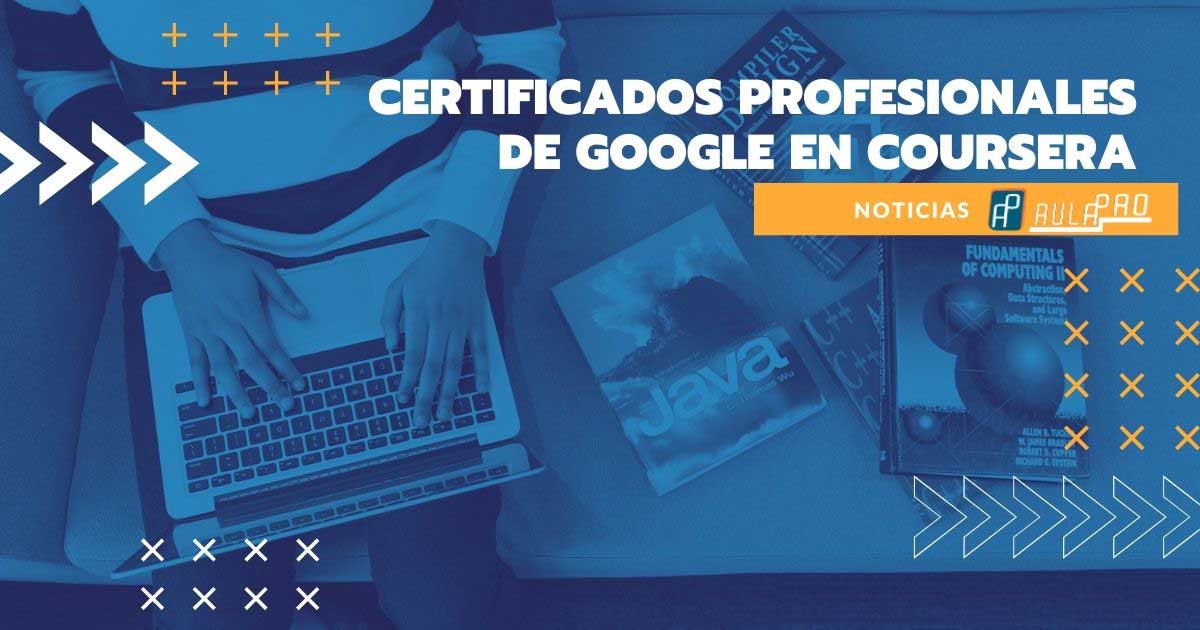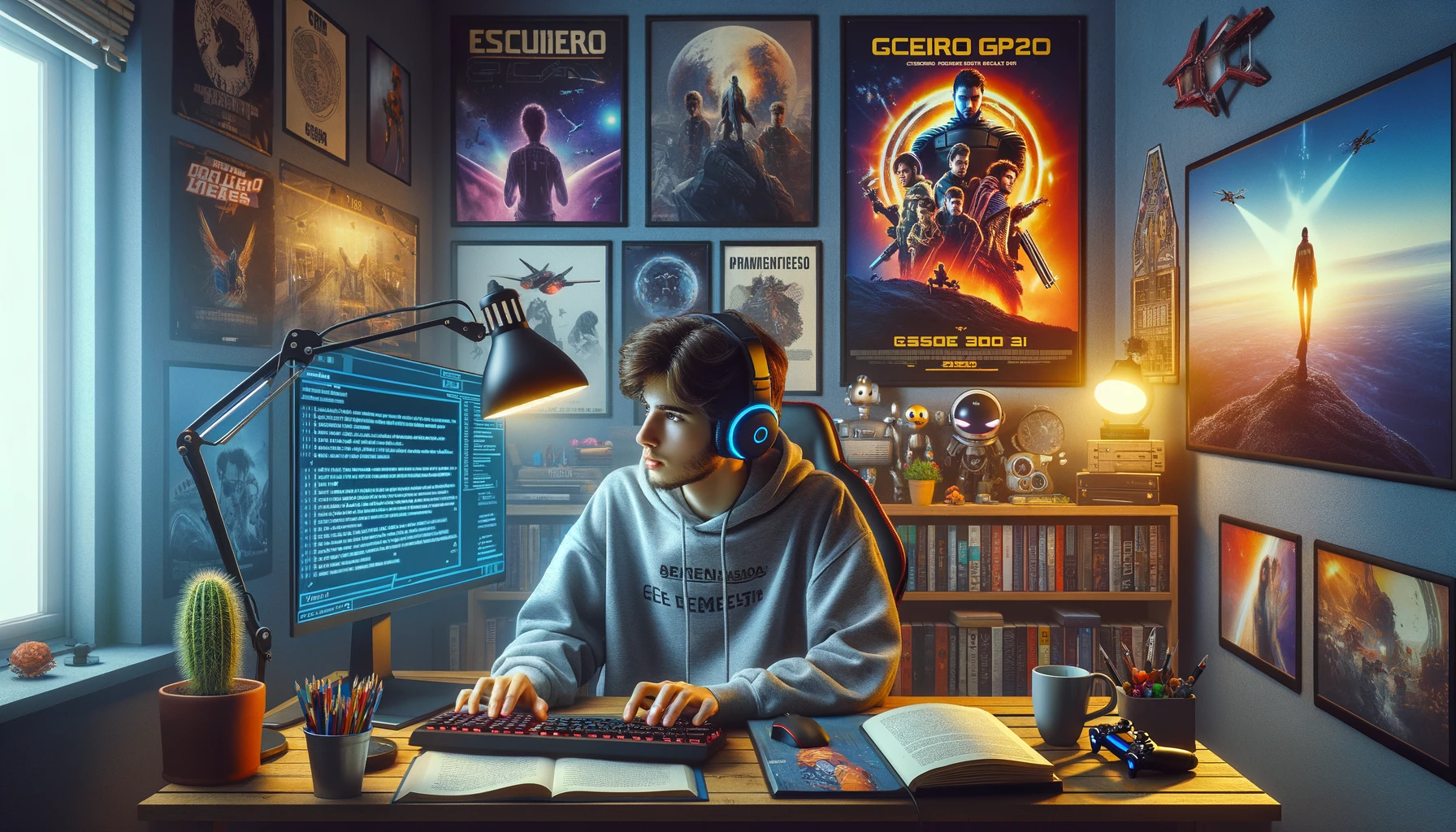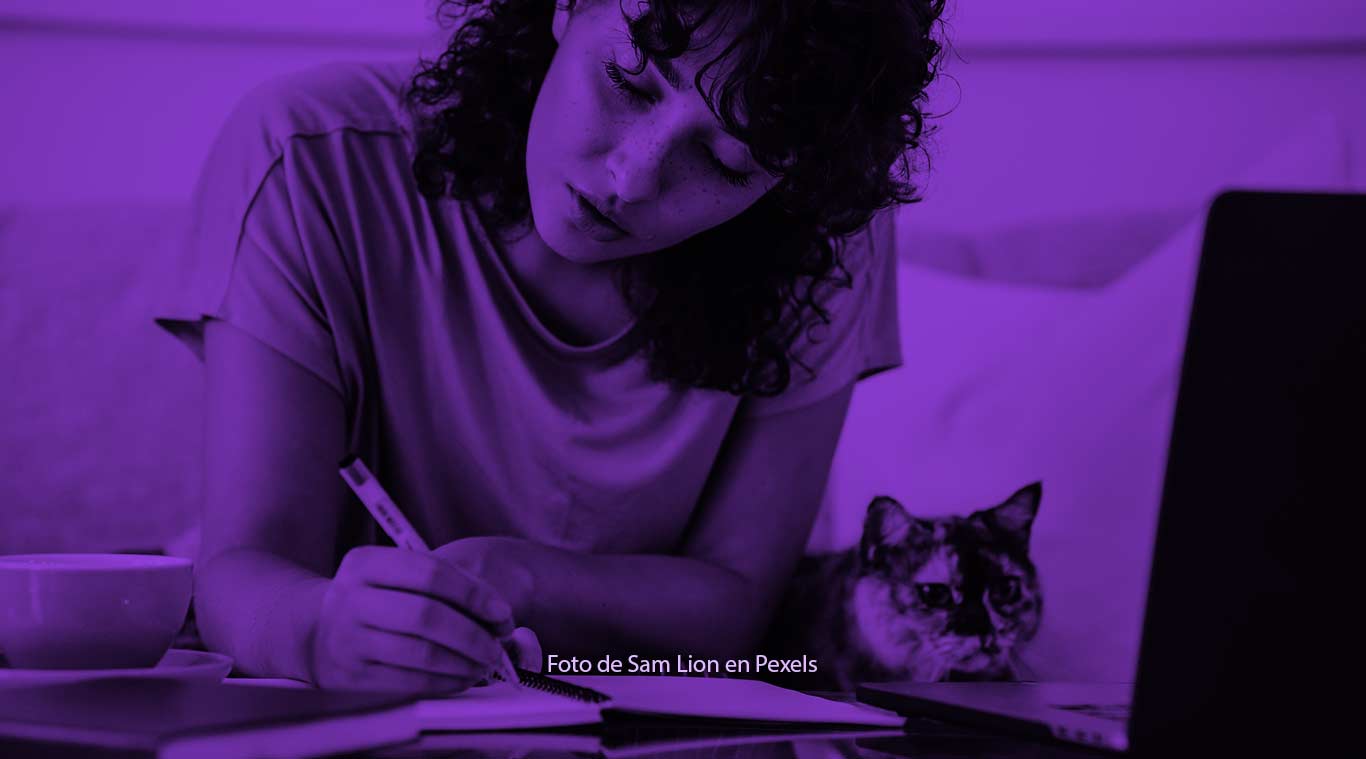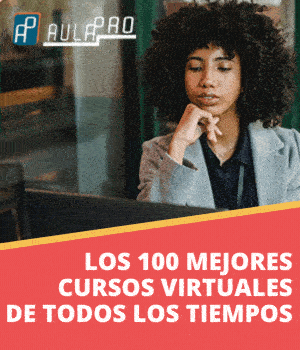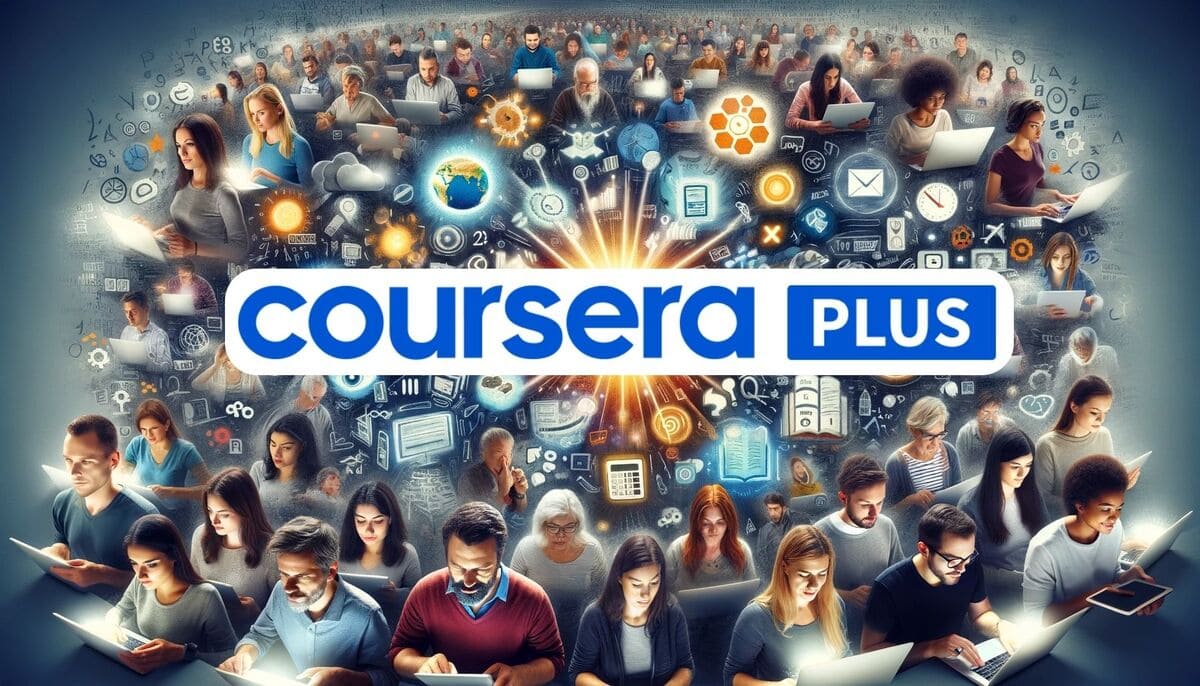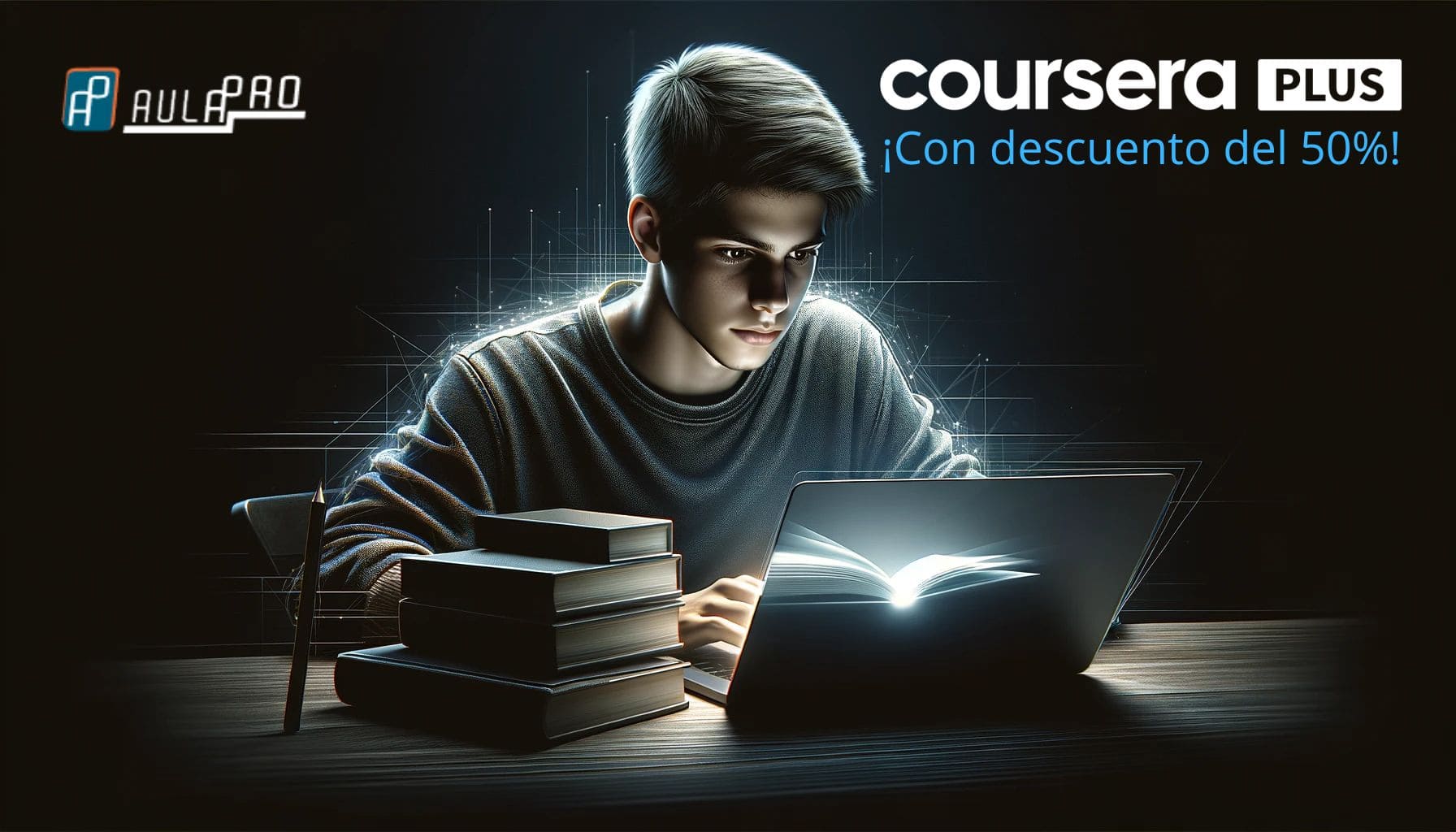Classes at school are no longer what they used to be. The current (and usual) view of education in developed countries may be something like this: In primary school, a 7-year-old boy who is ahead of his classmates in reading connects via the Internet to a speed reading course, more specialized than the printed books used by their classmates. He uses a mobile device to compete in math games with children from all over the world. Much of his homework is to pick a topic he is interested in, research it on his own, and then report back in a classroom discussion.
With this level of technological interaction and brainpower, perhaps imagining a college education for a child with this access to today's possibilities is probably not an easy thing to project, so speculating about changes that will take place over the next 10 to 15 years years is a task worthy of science fiction. Today however the reality is that the two main trends that are growing rapidly are online learning and professional training.
ONLINE LEARNING
In recent years, we have witnessed the rise of "massive open online courses" (MOOCS) or online courses open to the public, which are online classes with the particularity of allowing unlimited participation and access. open through the web. MOOCs consist of a variety of materials, from video lectures and assigned readings to quizzes, tests, and interactive user forums that include instructors, students, and class monitors. Today's technology, however, requires some adjustments.
Online courses from the most prestigious universities in the world. #Run will en #Classroompro https://t.co/iiwmA5uI61
— ClassroomPro (@AulaProCo) March 28, 2017
"MOOCs don't work as well because people just take one class at a time and then don't finish it because it's not compelling," says Erica Orange, executive vice president of New York business consultancy The Future Hunters and fellow at DeVry University. Career Advisory Board. “The next generation of MOOCs will be sensory immersive, leveraging virtual reality to put students in the world they are studying. Instead of having to memorize facts about the Civil War, for example, a student in a future MOOC will be on the battlefield. ”
Exclusive limited-time offer: Annual Coursera Plus at USD $ 399 USD $299. Save and learn more! Click and find out how.
New modes of online learning will more effectively serve Generation Z – or those students born after the mid-XNUMXs. “The older generation Z-ers have been forced to learn in the industrialized model of school, which hasn't changed enough for several decades and we're seeing all these attention issues,” Orange says. "Their brains are wired differently and they actually work better with interaction from a variety of sources."
VOCATIONAL TRAINING
As we approach the middle of the century, the confirmation of having an education will be more linked to the skills that have been acquired than to the degree acquired. “Traditional college costs continue to rise out of control, so many will weigh the price and take a technological shortcut,” says Orange.
Vocational training has taken a beating for decades, but it's on the brink of a major makeover. “Now we call it competency-based education, which focuses on mastering job-related skills rather than mastering a particular academic discipline,” says Orange. She cites the examples of coding boot camps dedicated to software developers, as well as longer programs including P-Tech, IBM's six-year high school, where students enter with zero in essential STEM skills and leave with zero. said school with graduates as specialized professionals and with priority to be chosen in a job with IBM.
Your brain is wired differently and actually works better with interaction from a variety of sources –Erika Orange
Venture capitalists and successful entrepreneurs are getting in on the game too, providing the mentoring and funding for promising business ideas from young startups in the early stages of their entrepreneurship. “Paypal co-founder and serial entrepreneur Peter Thiel is at the forefront of these educational incubators,” says Orange. “In 2010, he created the Thiel Fellowship, awarding $100,000 to 20 people under the age of 20 to encourage them to drop out of college and start their own businesses. The Thiel Foundation then launched Breakout Labs, an endowment program that funds radical and innovative scientific research."
Thiel is one of the most astute risk investors in recent decades and since his support for Facebook in its infancy, he has been characterized by having an extremely fine-tuned nose to detect where he should put his money.
If you talk to teen Gen Z-ers, many will say they intend to go to a traditional university and get a degree, but the reasons are more focused on meeting the requirements of today's world of work and making valuable connections. than by the knowledge or skills they will acquire. Many are very clear about what they want to do and know where to find the means to achieve it and these means will not necessarily go through traditional education.


